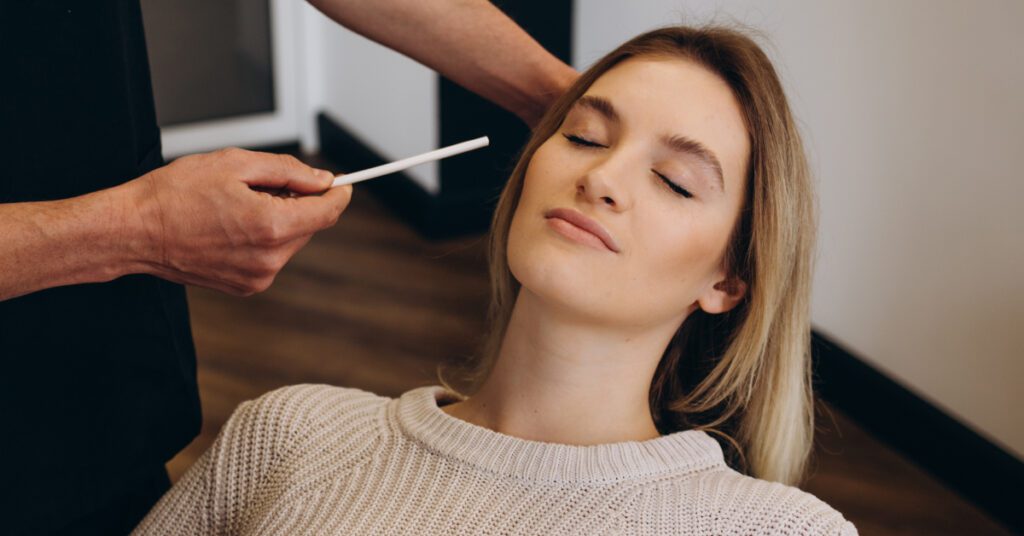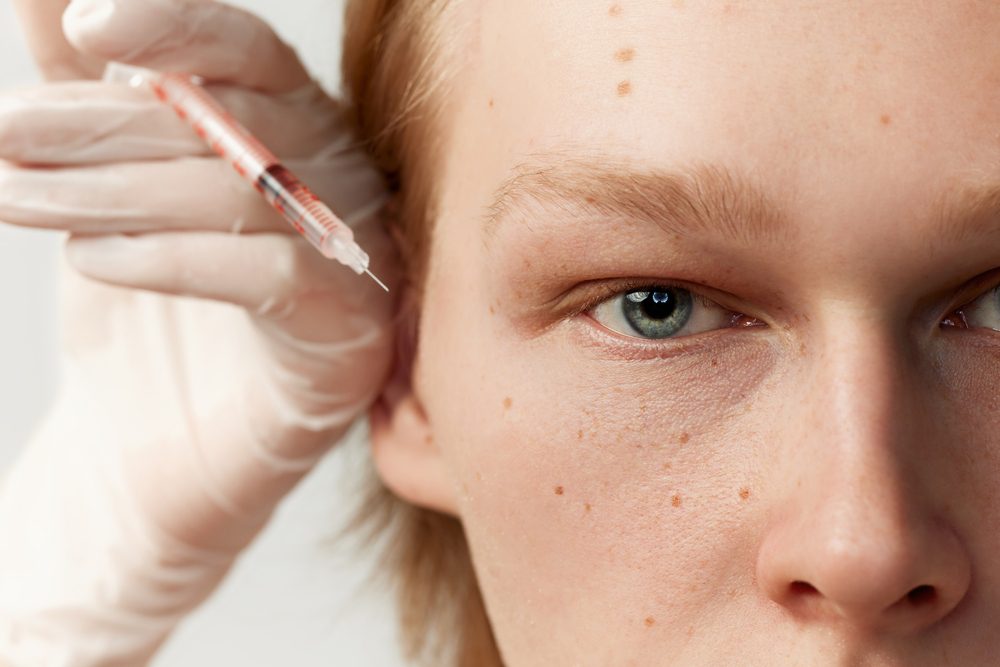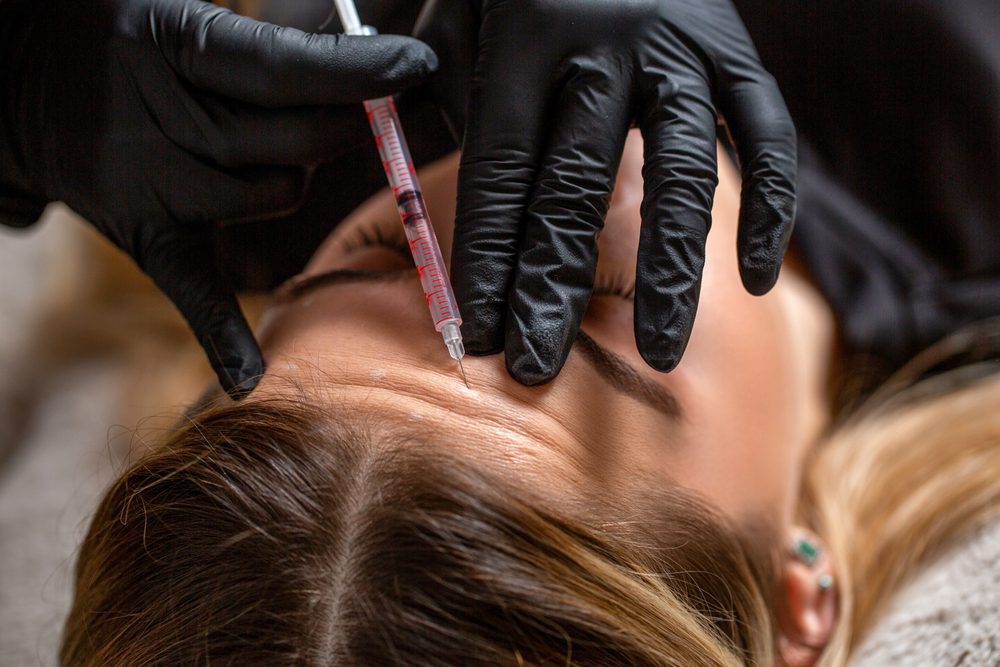
Vascular Occlusion From Filler Injections: How to Recognize it and How to Treat it
Non-surgical facial rejuvenation includes rejuvenation of the face with neurotoxins such as botox and volumization with injectables such as Hyaluronic Acid (HA) fillers. These treatments are intended to reverse the signs of aging by reducing the appearance of wrinkles and restoring the volume that is commonly lost with aging.
Every year tens of thousands of these procedures are performed and though they are generally safe with complications ranging from mild to moderate such as bruising, swelling and minor skin irritations, there are rarer complications which can cause significant morbidity such as vascular occlusion.
According to the journal of American Dermatology, the risk of occlusion from any filler using needle or cannula never exceeded 1 per 5000 syringes injected‡. Nevertheless, these events must be quickly recognized so that treatment can be immediately initiated in order to minimize suboptimal outcomes.
What is Vascular Occlusion?
Simply stated, vascular occlusion is the blockage of blood vessels, arteries in particular, which provide blood supply to the surrounding skin. When these vessels are blocked the surrounding skin can be compromised or even become necrotic and die. Use of HA fillers can cause vascular occlusion by accidental injection directly into a vessel or by causing compression of the surrounding artery if the filler completely surrounds it thus impeding flow.
How do you minimize these events?
Though these events are extremely rare, there are techniques that can minimize the occurrence. The most effective way to minimize these events is having a superior understanding of facial anatomy including facial vascular anatomy and injection techniques such as proper needle placement and use of an “aspiration” or “draw-back” techniques. Despite this, accidents can occur, and prompt recognition and treatment are the next best lines of defense.
How do you recognize potential occlusive episodes?
Quick identification of common symptoms is paramount in recognizing occlusive episodes. These can include pain, which is usually moderate to severe initially, pallor or “pale” skin, a weak or absent pulse and poikilothermia or cool skin to the touch. You may also see these symptoms associated with bruising, swelling and edema of the skin.
If you suspect an event, how do you treat it?
It is always better to err on the side of treatment when these events are suspected as the consequence significantly outweighs the risk of treatment. If the aforementioned symptoms are encountered after filler is injected then it is imperative to initiate rapid treatment which includes but may not be limited to Injection with hyaluronidase which dissolves HA fillers, warm compresses, medications that open or dilate vessels such as nitropaste and potential use of antiplatelet or “blood thinning” medications such as aspirin. These medications should be readily available, and an MD should be immediately available for evaluation should an event occur.
At the Rejuva Center, we take these events seriously and have protocols in place which allow us to minimize occurrence with master level training, quickly identify these events and if needed treat expeditiously minimizing morbidity and optimizing outcomes.
Trust your non-surgical rejuvenation procedures to our teams of experts. Call today to schedule a consultation or to discuss any concerns you may have.
‡Alam M, Kakar R, Dover JS, et al. Rates of Vascular Occlusion Associated With Using Needles vs Cannulas for Filler Injection. JAMA Dermatol. 2021;157(2):174–180. doi:10.1001/jamadermatol.2020.5102
Recent Posts

How to Communicate Goals During Botox Appointments in Saratoga Springs, NY
Whether you’re looking to soften forehead lines or subtly lift your brows, expressing your objectives clearly ensures natural, confidence-boosting results.

Getting Ready for Same-Day Botox Appointments and Touch-Ups in Loudonville, NY
What is the best way to prepare for the procedure to achieve optimal results? We’ll focus on everything you need to be aware of in the article below.

Selecting the Best Botox in Loudonville, NY: A How-To Guide
If you are looking for the best Botox in Loudonville, NY, there are several considerations that can help optimize results while eliminating risks.

5 Tips to Make the Most of Your Botox Appointments in Loudonville, NY
Here are five easy tips to make the most of your Botox appointments in Loudonville, NY.

